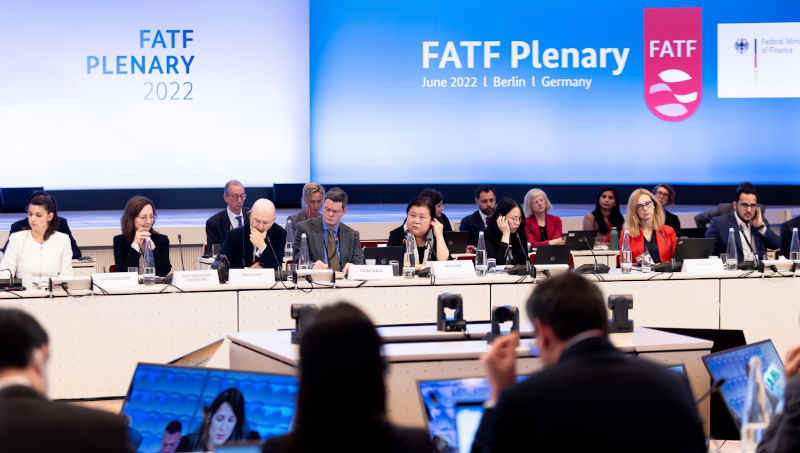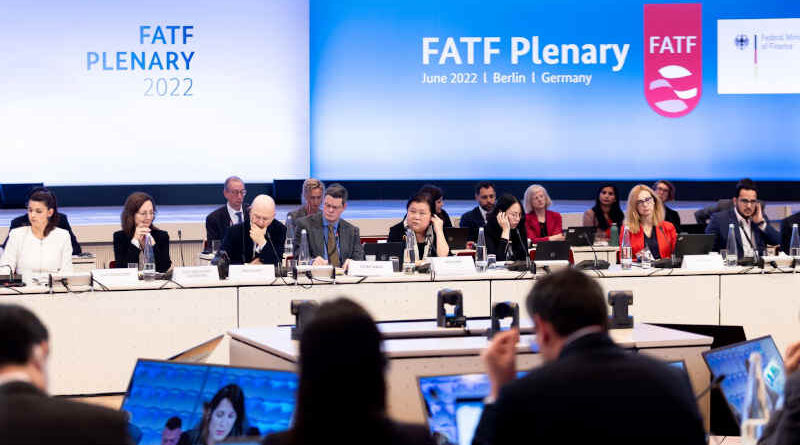FATF Report to Combat Financial Crime with Private Sector Collaboration

The report provides an introduction to the DPP principles and objectives that stakeholders should (or must) consider when designing private sector collaboration initiatives.
A new report aims to help jurisdictions responsibly enhance, design and implement information collaboration initiatives among private sector entities, in accordance with data protection and privacy (DPP) rules, so that the risks associated with increased sharing of personal data are appropriately taken into account.
The report – released on July 20 by the Financial Action Task Force (FATF) – looks at global anti-money laundering, counter-terrorist financing and counter-proliferation financing requirements and how responsible private-to-private collaboration can contribute to their effective implementation.
It also provides an introduction to the DPP principles and objectives that stakeholders should (or must) consider when designing private sector collaboration initiatives.
According to FATF, a single financial institution has only a partial view of transactions and sees one small piece of what is often a large, complex puzzle. Criminals exploit this information gap by using multiple financial institutions within or across jurisdictions to layer their illicit financial flows. As a result, it is increasingly difficult for individual financial institutions to detect these illicit activities.
By using collaborative analytics, bringing data together, or developing other sharing initiatives in responsible ways, financial institutions seek to build a clearer picture of the puzzle, to better understand, assess, and mitigate money laundering and terrorist financing risks.
The report provides case studies that set out how members of the FATF and its Global Network have increased private sector information sharing within the legal requirements of their domestic DPP framework. Their experiences indicate that private sector information sharing measures can be achieved in compliance with DPP rules and obligations, subject to key tests and requirements.
Using these experiences and lessons learnt by members across the FATF Global Network, the report provides non-binding recommendations to assist countries that are considering increasing private sector information sharing to design and implement such initiatives responsibly and effectively.
This report complements the FATF’s report on Stocktake on Data Pooling, Collaborative Analytics and Data Protection (July 2021).




